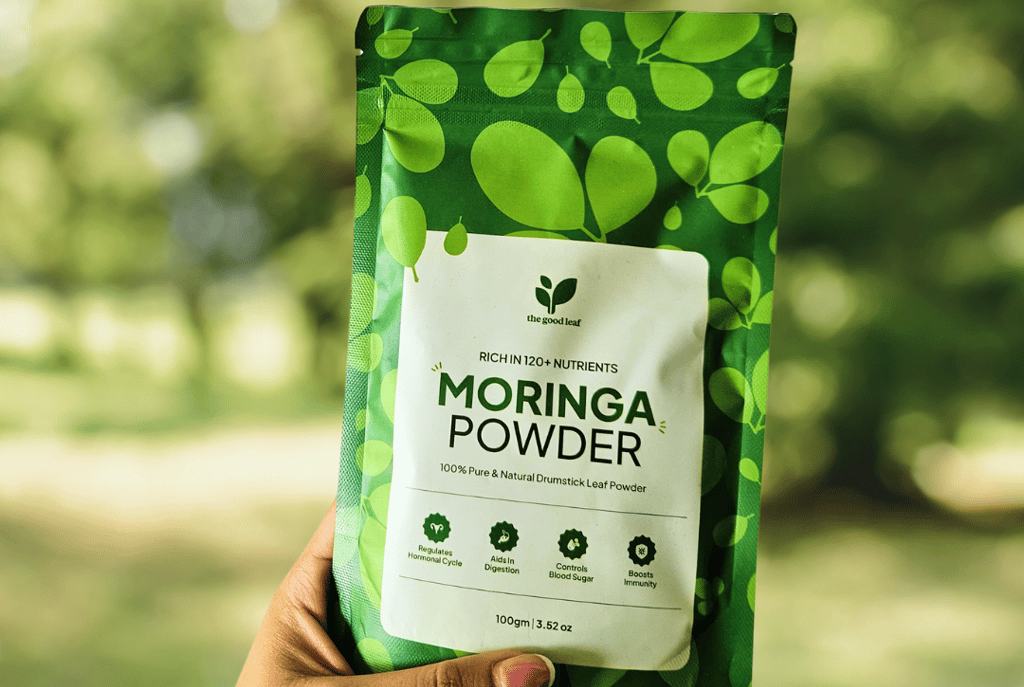Moringa in Ayurveda: The Miracle Leaf Benefits "moringa benefits"
Explore the incredible benefits of moringa, the superfood known for its natural healing properties. Discover how this miracle leaf can enhance your wellness and integrate into your Ayurvedic practices for a healthier lifestyle. "moringa benefits"
7/16/20254 min read


Introduction to Moringa: The Miracle Leaf
Moringa, often referred to as the "miracle tree," has captured the attention of both traditional and modern health enthusiasts. Known scientifically as Moringa oleifera, this plant has a rich history stemming from ancient Ayurvedic practices that date back thousands of years. Revered for its numerous medicinal and nutritional benefits, Moringa has been utilized in various cultures for its potential to enhance overall health and well-being.
The designation of Moringa as a miracle leaf is attributed to its impressive nutritional profile. Rich in vitamins, minerals, and essential amino acids, Moringa leaves are packed with antioxidants that contribute to its acclaim as a superfood. It contains significant levels of vitamin C, vitamin A, calcium, and iron, making it a versatile supplement for those seeking to improve their diet. Moreover, Moringa is known for its anti-inflammatory properties, which serve to bolster immune function and potentially reduce the risk of chronic diseases.
In traditional medicine, Moringa has been employed to treat a multitude of ailments from digestive disorders to skin issues. Ayurvedic practitioners often advocate for its use as a natural remedy to promote health, balance, and longevity. This plant’s roots, bark, leaves, flowers, and seeds are all utilized in various formulations, showcasing its versatility in application.
Today, modern science is revisiting the healing properties of Moringa through rigorous research and clinical studies. Preliminary findings suggest that many of the therapeutic claims attributed to this plant by ancient practitioners may hold validity in the context of contemporary health practices. As interest in herbal medicine continues to thrive, Moringa stands out as a prime example of how age-old traditions can inform and enhance modern healing approaches.
Ayurvedic Principles Behind Moringa
Moringa, often referred to as the "miracle leaf," has been a significant component in Ayurvedic practices for centuries, revered for its ability to support bodily health through its alignment with the foundational principles of Ayurveda. Central to Ayurvedic philosophy is the concept of the three doshas—Vata, Pitta, and Kapha—which represent the energies that govern physiological functions in the human body. A harmonious balance among these doshas is considered vital for achieving and maintaining optimal health.
Moringa's composition plays a crucial role in balancing these energies. As a powerhouse of nutrients, it is rich in vitamins A, C, and E, as well as essential minerals such as calcium and iron. These compounds not only nourish the body but also provide antioxidant properties that combat oxidative stress—a condition that can disrupt the dosha equilibrium. For instance, the high vitamin C content in Moringa supports Pitta by cooling excess heat and inflammation, while its calcium and magnesium help in pacifying Vata, which is associated with dryness and irregularity. Thus, Moringa's nutritional profile aligns well with the needs of each dosha.
Furthermore, Moringa is regarded as beneficial for its ability to detoxify the body by promoting healthy digestion and reducing Kapha, which is often linked to sluggishness and congestion. This cleansing action supports the body’s natural metabolic processes, aiding in the balance among the doshas. Traditional Ayurvedic methods often incorporate Moringa in various forms, including powders and pastes, making it versatile for numerous healing formulations. The profound connection between Moringa and Ayurvedic principles underscores its value as a holistic remedy, highlighting its role in modern healing while respecting ancient wisdom.
Modern Research and Health Benefits of Moringa
Moringa oleifera, often referred to as the “miracle tree,” has been extensively studied in recent years for its substantial health benefits, which resonate with its historical uses in Ayurveda. This leafy green is renowned for its rich nutritional profile, including vitamins, minerals, and antioxidants, which contribute to various therapeutic effects. Scientific research has notably validated many traditional claims, particularly its anti-inflammatory, antioxidant, and antimicrobial properties.
One of the primary health benefits of Moringa is its potential anti-inflammatory effects. Chronic inflammation is a root cause of numerous modern ailments, and studies have shown that Moringa leaf extracts can significantly reduce markers of inflammation in the body. This makes it a potential adjunct in managing conditions such as arthritis and other inflammatory disorders, aligning seamlessly with Ayurvedic practices that emphasize balancing bodily energies to combat inflammation.
Additionally, Moringa has garnered attention for its ability to regulate blood sugar levels, presenting an exciting prospect for managing diabetes—a prevalent condition today. Research indicates that Moringa can lower blood sugar levels due to its compounds that mimic insulin, thus supporting the traditional use of Moringa for metabolic health in Ayurvedic medicine.
Moreover, Moringa's digestive benefits cannot be overlooked. Rich in fiber and antioxidants, it aids in promoting gut health and alleviating digestive issues such as constipation and bloating. Contemporary studies affirm that the leaf supports healthy gut flora, reflecting the Ayurvedic focus on a well-functioning digestive system as foundational for overall health.
In conclusion, the convergence of modern scientific research and ancient Ayurvedic wisdom positions Moringa as a powerful ally in contemporary health management. Its multifaceted benefits address various ailments, showcasing its versatility as a natural remedy for modern lifestyles.
Incorporating Moringa into Daily Life
Moringa, often referred to as the “miracle leaf,” is a versatile plant that can be seamlessly integrated into daily routines. Whether in powder form, capsules, or fresh leaves, Moringa offers a plethora of health benefits that can enhance overall well-being. One of the simplest ways to incorporate Moringa is by adding the powder to smoothies. A tablespoon of Moringa powder can be blended with fruits such as bananas, mangoes, or spinach for a nutrient-packed drink. This not only masks the slightly earthy taste of Moringa but also boosts the nutritional content of the smoothie.
Another practical approach is to use Moringa leaves in cooking. Fresh Moringa leaves can be sautéed alongside garlic and other vegetables, or added to soups and stews. In Ayurvedic traditions, Moringa is often cooked into curries or served with lentils, providing a wholesome meal while harnessing the leaf's numerous health benefits. When considering Moringa supplements, it is crucial to follow dosage recommendations. Generally, 1 to 3 grams of Moringa powder, or a similar amount in capsule form, is suggested for daily intake, but consulting a healthcare provider is advisable to tailor the dosage to individual health needs.
When sourcing Moringa products, prioritize high-quality, organic options to ensure potency and purity. Look for brands that provide transparency regarding their sourcing methods and nutritional information. Online reviews and third-party certifications can also be indicative of product quality. However, it is important to remain aware of any potential precautions. Individuals with certain medical conditions or those taking specific medications, such as anticoagulants, may need to consult with a healthcare professional before adding Moringa to their diets. By thoughtfully incorporating Moringa and adhering to guidelines, one can enjoy its remarkable benefits while mitigating risks associated with its use.
Wellness
Experience vitality with our natural herbal solutions—crafted to boost immunity, detoxify, and energize. Pure, plant-based wellness for everyday health, rooted in Ayurvedic tradition.
Contact us
support@mleaf.co.in
+91-9911382286
© 2025. All rights reserved.
